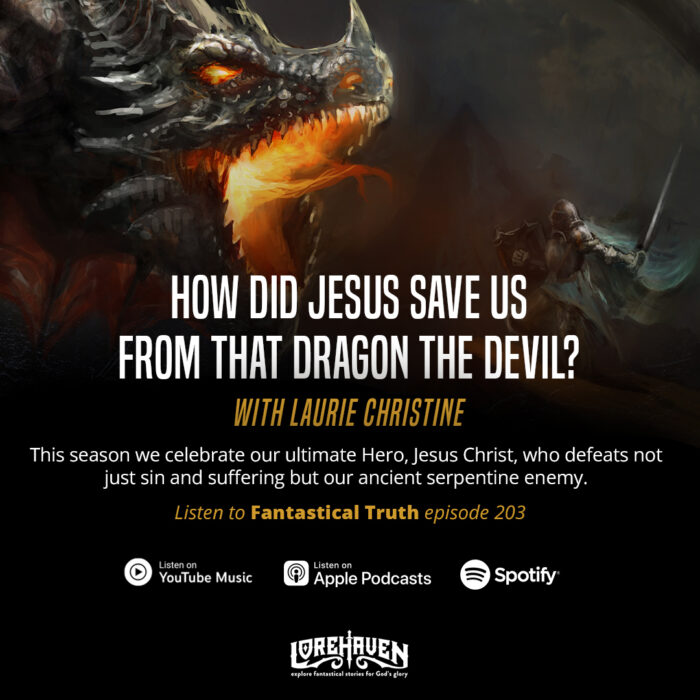Baggage, Blizzards, and The Rapture
In honor of the Fourth of July, John talks about winter weather. And not because it’s the Fourth of July either. Yeah, this isn’t helping, is it?
John Otte on Jul 4, 2012 ·
No comments
Break out your Greek lexicons, y’all!

































Well, I’ll kick it off on this July 4th. Happy Newly-Acquired Dependence Day, all!
A few questions:
Some additional thoughts:
Stephen asked:
It’s been a while since I did a lot of grammatical stuff on apantasin, but IIRC, when I looked up the term in the Theological Dictionary of the New Testament, this was the only use in the New Testament (by which I mean 1 Thess. & the story from Acts). In other words, I don’t think this is a semantic range fallacy.
I’m thinking about talking about signs and charts and such in two weeks. Kaci had some interesting thoughts on the signs of the time that’s got my mind churning. So I’ll wait to answer that then.
I would definitely agree with this. The fact that in 1 Thess., Paul says that this will happen with “a cry of command, the voice of an archangel, and the sound of the trumpet of God” always made me wonder how secret the Rapture could really be.
That’s not entirely true. I think there’s an allusion to the Rapture in Matthew 24:31. As a matter of fact, it’s my belief that the Matthew passage is the “word from the Lord” that Paul mentions in 1 Thessalonians. If it’s not that, then it’s a saying that didn’t make it into the Gospels, which is an unsettling thought.
Indeed; I hadn’t recalled that passage. Few Christians, however, will reference that one when discussing Christ’s return. But they will take Matt. 24: 40-41 out of context, just ignoring (as I tried to do until I couldn’t) the fact that, based on Christ’s earlier reference to the Flood sweeping away the wicked, those who are taken away are actually the ones in for wrath, while those “left behind” are the escaping survivors!
Best line in this thing: “Our hope is in the resurrection, not the rapture.”
I took notes. Love the imagery. Gotta go get my Bible. 0=)
My biggest problem is that the contemporary notion of ‘the rapture’ flies in the face of repeated statements that the dead must rise first. If the living get sucked into Heaven before the dead rise, then those statements are wrong.
My second is that I have no idea why people expect God to spare us all of that. If he really wanted to spare us trials and tribulations, we’d get sucked into Heaven the second we’re saved.
My third, and a bit less grievous, is that I’d feel really, really bad for all the baby Christians born post-Rapture and probably ask for a day-pass back to Earth to help them out. I mean, talk about suffering, think of a bunch of bewildered, fledgling Christians without any older ones to help out. The first generation Christians at least had Jesus’ disciples.
Okay, I need my Bible now.
This one! This! I’ve seen Tim LaHaye try to explain this away by taking some verses out of context, but I think it’s a disservice to Christians to teach them that they don’t have to worry about being in “the Tribulation.”
Corrie Ten Boom wrote a letter about all this. The link is here, but I think this is the most important point:
And this is precisely why I have a hard time with Rapture theology as presented by dispensational premillennialism. There’s a sort of cultural arrogance. The underlying message is that certain Christians (and most people assume it’s us) won’t have to suffer when millions have. If Christians are to be saved from tribulation, why didn’t God act during Domitian’s persecution? Or Diocletian’s? Or the persecution under the Nazis or communists in the former U.S.S.R.? What makes us so special that we will be spared?
Ahem. I seem to have clambered onto my soap box. I should really put that away before it gets me in trouble.
Discussing about the Rapture, if we want to know the truth about the rapture it is not appropriate to ask the dictionary because it is a bible terminology so we must ask what the bible tells us concerning this. First of all rapture is not the word used by the bible. in I Thess. 4:17 it is the word caught up in the Greek it is
harpazō
har-pad’-zo
to seize (in various applications): – catch (away, up), pluck, pull, take (by force). I believe that, all that are in Christ meaning they who live the life of Christ. One day there will be a catching away before the tribulation not in the mid nor after, what is the use if after tribulation there will be a rapture. Because Noah enter the Ark before the flood came, Lot was delivered from Sodom and Gomorrah before the fire fall. Therefore the Rapture will come to catch away His Bride before the Tribulation.
Except it is appropriate to look to the dictionary since Paul wrote in Greek. If the clear meaning of the word in the original Greek is missing in our English translations, it’s important to see what that meaning might be.
And pardon me for saying it, but you’re contradicting your point by immediately posting the definition of harpazo in your comment. Either we can use the dictionary for both harpazo (the definition of which does not contradict my point, by the way, since I do beleive we will be caught up in the air to meet/escort Christ) and apantasin or we can’t use it for either.
I think “Kenneth” here might be a spammer — thought I concede, a smarter one than usual. His website name was false, and his purported email address ended in a dead giveaway: “teleworm.us.” (Kenneth, if you are real, please eagerly disprove my claim.)
Regardless, I think my point still stands. I’m a stubborn German Lutheran. We get ornery.
Hm…that could be. In my literature classes, as well as my Bible classes, we had several discussions about authorial intent as a guide to interpretation of words. The ones that are trickest are those that occur seldom, especially in already disputed-passages. The less there is to cross-reference, the harder it is.